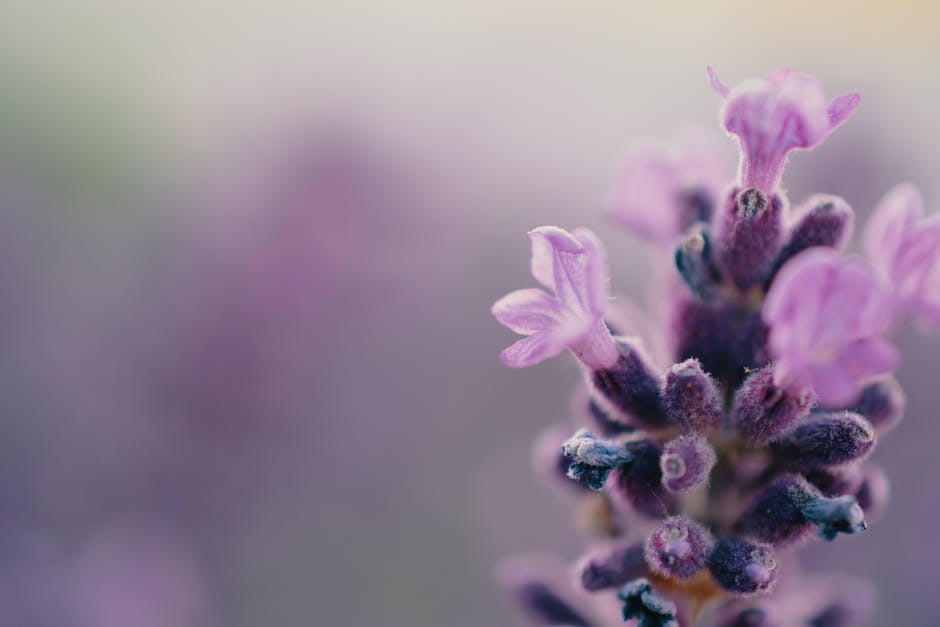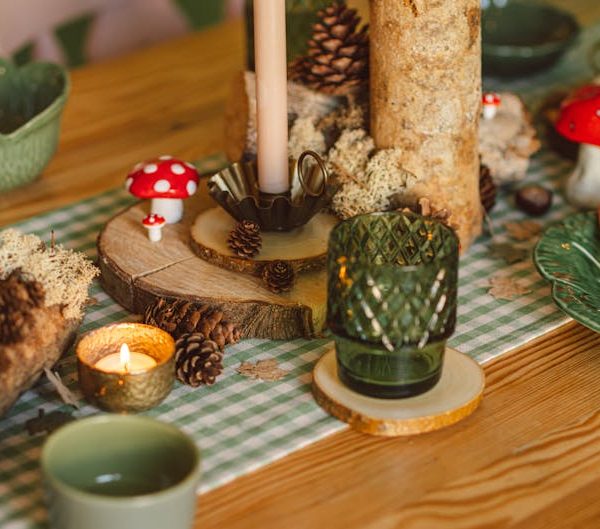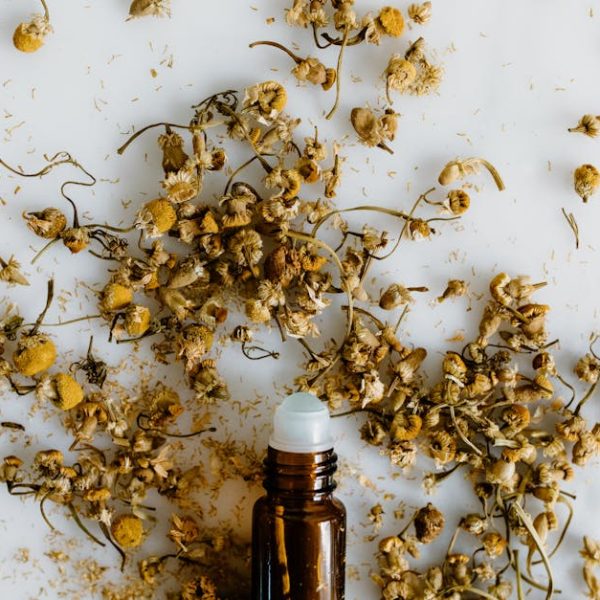Imagine a night of serene sleep undisturbed by dreams and noises. Now, imagine waking up refreshed, rejuvenated, ready to conquer the world. This is the bliss of deep sleep, and ironically enough, this coveted tranquillity often eludes us as we grapple with stress, anxiety, and busy lifestyles. One natural aid that can enhance this sleep experience is, unquestionably, essential oils.
Understanding how Essential Oils contribute to better Sleep
Intuitively, we’ve all felt the calming, aromatic influence of essential oils, but have we stopped to wonder why? The science of this tranquilizing effect lies in aromatherapy, where the aromatic compounds of these oils interact with brain signals to naturally induce a state of relaxation and sleep. Depending on their composition, essential oils can stimulate the pineal gland to release melatonin, the ‘sleep hormone.’ This powerful reaction aids in relaxing the nervous system, reducing stress, and promoting sleep.
![]() Pro tip: The quality of essential oils matters! Opt for organic oils to reap the maximum benefits.
Pro tip: The quality of essential oils matters! Opt for organic oils to reap the maximum benefits.
Essential oils that are commonly associated with sleep enhancement include lavender, vanilla, rose, and jasmine, to name just a few.
Exploring Top Essential Oils for Deep Sleep
While there are several essential oils known for their calming effects, some standout for their sleep-inducing properties. Lavender, with its sweet, floral scent, has been extensively studied and shown to increase sleep quality. Chamomile, another favourite, induces drowsiness with its apple-like aroma, while Ylang-Ylang contributes to creating a soothing sleep environment through its rich, floral scent.
| Essential Oil | Benefits |
|---|---|
| Lavender | Improves sleep quality |
| Chamomile | Induces drowsiness |
| Ylang-Ylang | Creates a serene sleep environment |
Each oil offers a unique journey to tranquillity, enhancing your overall sleep health in its way.
A Step-by-step Guide to using Essential Oils for improved Sleep
Sleep magic of essential oils can be unlocked in different ways: diffusion, topical application, or as bath additives. For diffusion, fill your diffuser with water and add a few drops of oil; for topical application, ensure the oils are diluted with carrier oils like coconut or almond oil. You can also add a few drops of essential oils to your bathwater for an aromatic soak.
Best Practices:
Checklist:
Remember, responsible and informed usage ensures a safe and effective experience!
Combining Essential Oils for Enhanced Sleep Quality
The wonder of essential oils doesn’t stop at individual usage. The strategic blending of oils can offer added sleep benefits. For instance, a mix of lavender and chamomile can marry the best of both, providing a pacifying effect that encourages more profound sleep. However, blending different essential oils requires a basic understanding of their properties.
Possible oil blends:
Remember, blending oils isn’t always a simple equation. Each oil blend might uniquely interact with your senses, may involve a bit of trial and error, and some combinations may not work for everyone.
Pros and Cons:
Considerations and Precautions when using Essential Oils for Sleep
While essential oils can provide immense sleep benefits, it’s also vital to respect their potency. Overuse or improper use can lead to allergies, skin sensitivities, or other adverse reactions. It’s always wise to conduct a patch test before including any new oil in your sleep routine.
![]() Pro Tip: Apply a small amount of diluted oil to a patch of skin and wait to see if any reaction occurs before using it more broadly.
Pro Tip: Apply a small amount of diluted oil to a patch of skin and wait to see if any reaction occurs before using it more broadly.
Keep an eye out for possible adverse reactions such as rashes, headaches, or difficulty breathing. If you notice any of these symptoms, stop usage immediately and consult with a healthcare provider.
Signs of negative reactions:
As it is with most things, moderation is key. Used responsibly and mindfully, essential oils can indeed transport you to the realm of serene, rejuvenating sleep. So why not harness this natural, aromatic power tonight?
Key Takeaway:
- Essential oils can enhance sleep experiences by interacting with brain signals to induce relaxation and sleep.
- Organic oils, specifically lavender, chamomile and ylang-ylang, have been found to have sleep-inducing properties.
- Essential oil can be used for sleep through diffusion, topical applications, and as bath additives.
- Blending oils can potentially enhance sleep effects, however requires understanding of their properties and some trial and error.
- It is vital to respect the potency of essential oils, use them responsibly and mindfully, and to be aware of possible allergies and other adverse effects.
Rest assured, when used appropriately and safely, essential oils can be transformative in providing better sleep quality. They’re a natural, respectful and efficacious way of improving one’s nightly sleep routine, and well-being. Always remember to choose high-quality, organic oils, and to test any new oil on a small patch of skin first to fireguard against any potential allergic reactions.
FAQs
Q: Are there any alternatives if one is allergic to top sleep-inducing essential oils like lavender, chamomile, or ylang-ylang?
A: Yes, there are many essential oils out there known for their calming effects. If you’re allergic to any of the top oils, you might want to consider alternatives like cedarwood, sweet marjoram, or sandalwood. However, always conduct a patch test before including a new oil in your sleep routine.
Q: How long does it take for the effects of essential oils on sleep to kick in?
A: Essential oils usually start to work within 20-30 minutes of exposure. However, the effects might vary depending on the specific oil and the individual’s sensitivity to aromatherapy.
Q: Can I apply essential oils directly onto my skin?
A: Essential oils are highly potent and may cause skin irritation if applied directly. It’s always advised to dilute them with carrier oils before topical application.
Q: Can children and pregnant women use essential oils for sleep?
A: Some essential oils are safe for children and pregnant women, but it’s always best to consult a healthcare provider before starting any new regimen.
Q: How should I store my essential oils to maintain their potency?
A: Essential oils should be stored in a cool, dark place away from sunlight to maintain their therapeutic properties. They should also be kept out of reach of children.
If you found this article helpful, please share and explore more posts to elevate your sleep quality.






